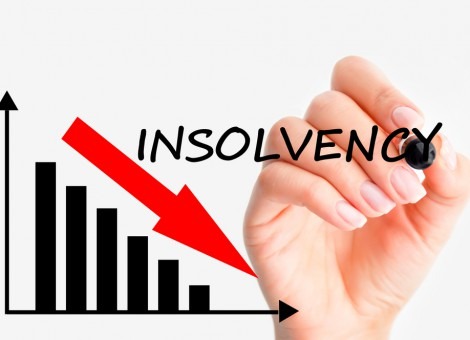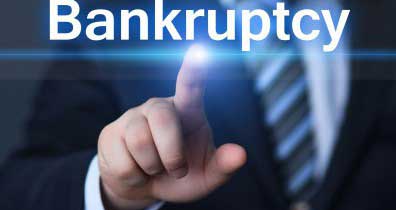What is insolvent trading?
Insolvent trading is an offence under the s588G of the Corporations Act 2001 that says that if a company is insolvent and a director allows the company to incur a new debt, then the director can be personally liable for the new debt incurred. The offence makes directors responsible for ensuring that the company does not trade while insolvent. This is in addition to director’s general duties.
When is a Company Insolvent
A company is said to be insolvent if it is unable to pay its debts as and when they become due and payable. A company may be insolvent notwithstanding it has assets in excess of its liabilities if those assets are not readily converted into cash.
Factors that may suggest a company is insolvent
A number of factors may suggest that a company is at risk of becoming insolvent. These include:-
- Poor cash flow
- Poorly maintained and/or incomplete financial records
- Being unable to meet creditors usual terms of payment
- Loans to associated parties which are in truth irrecoverable
- Suppliers only being prepared to deal with the company on a “cash on delivery” basis
- Credit limits and facilities exhausted
- Cheques being dishonoured and/or issuing cheques which are post dated
- Entering into special arrangements with certain creditors
- Not being able to meet taxation and employee superannuation obligations
- A need to rely on future work/sales to be able to meet present financial obligations
- Significantly increasing levels of debt
- Difficulties in obtaining finance
The Consequence of Insolvent Trading
The Corporations Act casts a duty upon a director to prevent a company from incurring a debt when it is insolvent. A director who permits insolvent trading commits an offence under the Act and is liable to a fine of $220,000.00, imprisonment for 5 years, or both. These penalties apply if the failure to prevent the company incurring the debt was dishonest.
In the absence of a dishonest intention, a director will still be liable if he or she fails to prevent incurring the debt whilst the company was insolvent. That director may be ordered to pay a pecuniary penalty to the Commonwealth of up to $220,000.00; and may also be ordered to compensate the company for any damages suffered as a consequence of the insolvent trading.
A liquidator may also recover from a director who permits insolvent trading any loss or damage occasioned by that insolvent trading. Also, a creditor may, with the leave of the Court or the consent of the liquidator, seek to recover any loss from the director by reason of insolvent trading.
Defences to Insolvent Trading Claims
A director may be relieved from the consequences of insolvent trading if he or she demonstrates one or more of the following:-
- The director had reasonable grounds to expect, and did expect, that the company was solvent at the time it incurred the debt and would remain solvent upon incurring that debt.
- That the director relied upon information provided by another person, and it was reasonable to believe that that advice was both competent and reliable, such that it was reasonable for the director to believe that the company was solvent at the relevant time.
- The director did not participate in the management of the company at the time the debt was incurred by reason of illness or some other satisfactory reason.
- The director took all reasonable steps to prevent the company from incurring the debt.
- At a particular time after the director suspects the company may become insolvent, the director starts developing one or more courses of action that are reasonably likely to lead to a better outcome for the company, and the debt was incurred directly or indirectly in connection with any such course of action (safe harbour defence).
When a Company is believed to be Insolvent
The director may know or have reason to believe that the company is insolvent. Under those circumstances, he or she cannot permit to the company to continue to trade without exposing him or herself to the consequences outlined above.
In this circumstance, the appropriate course of action is for the director or directors to place the company into voluntary administration or explore the new safe harbour exception. The VA process places control of the company in the hands of a suitably qualified professional (usually a registered liquidator) who then has the responsibility to call meetings of unsecured creditors and of providing reports and recommendations to them.
The Voluntary Administrator of a company can recommend one of three options to the company’s unsecured creditors. These are:-
- to place the company into liquidation; or
- to enter into a Deed of Company Arrangement; or
- return control of the company to the directors.
ASIC has published ASIC Regulatory Guide 217: Duty to Prevent Insolvent Trading: a Guide for Directors.
Conclusion
A director of a company who has any concerns about its solvency should immediately seek professional advice from one of our insolvency lawyers. We are able to advise and act for you with respect to any insolvency concerns about your company.
About Mark Harley | Principal
Mark has practiced in commercial law, commercial litigation and insolvency law for almost 10 years. He established the firm in 2014. With degrees in law and information technology, as well as being a director of several companies, Mark speaks the language of business owners and has a first hand understanding of the issues facing his clients.















